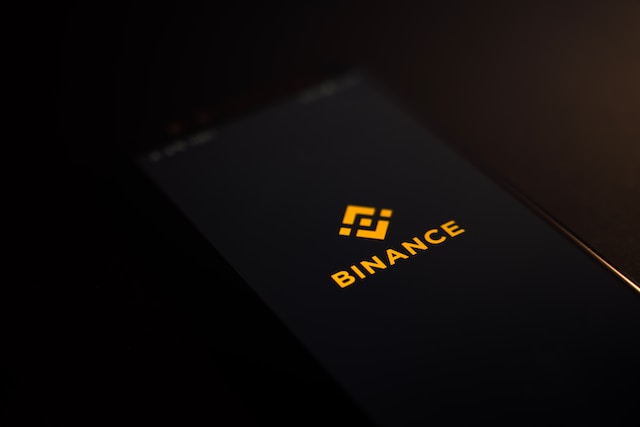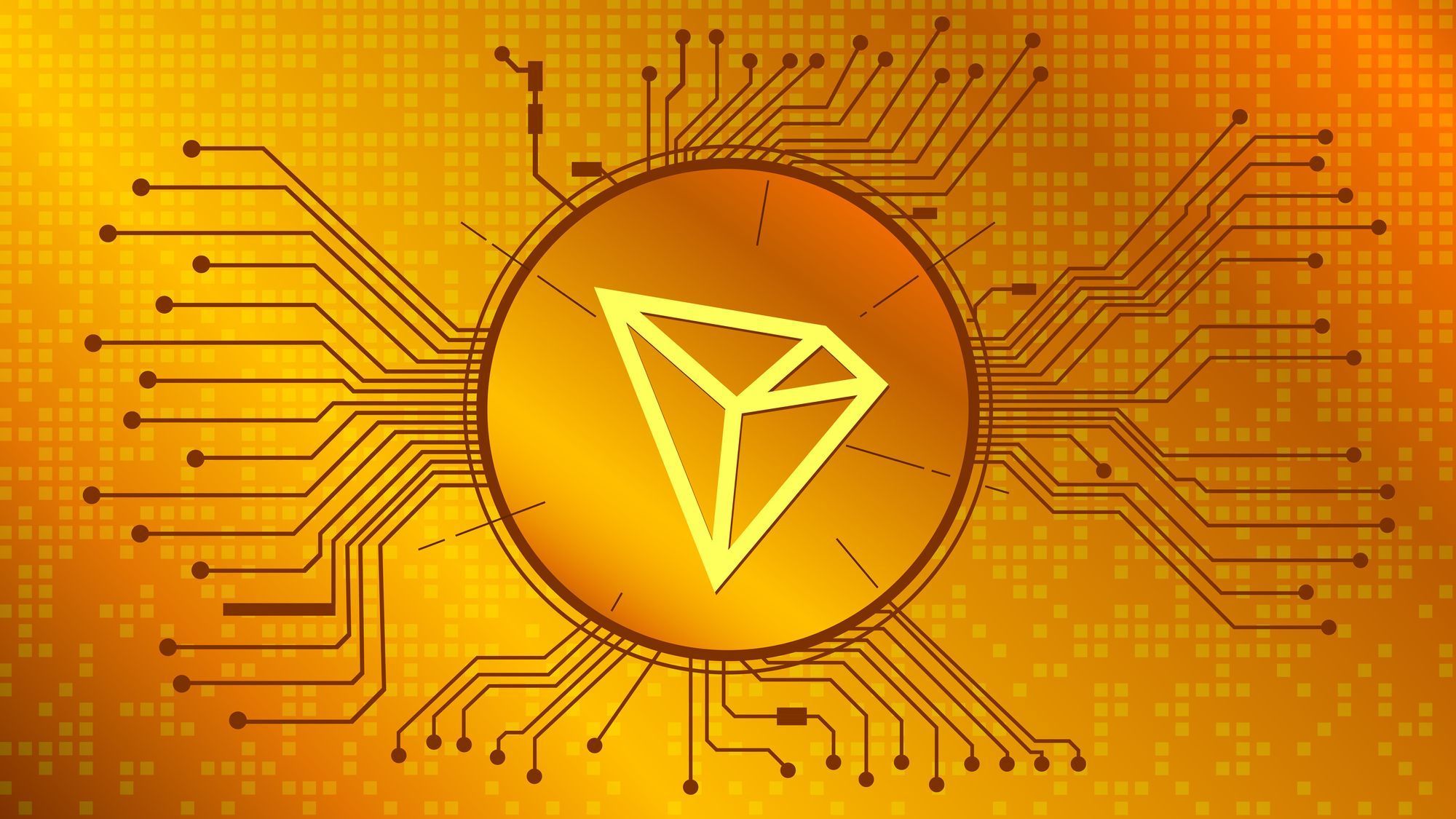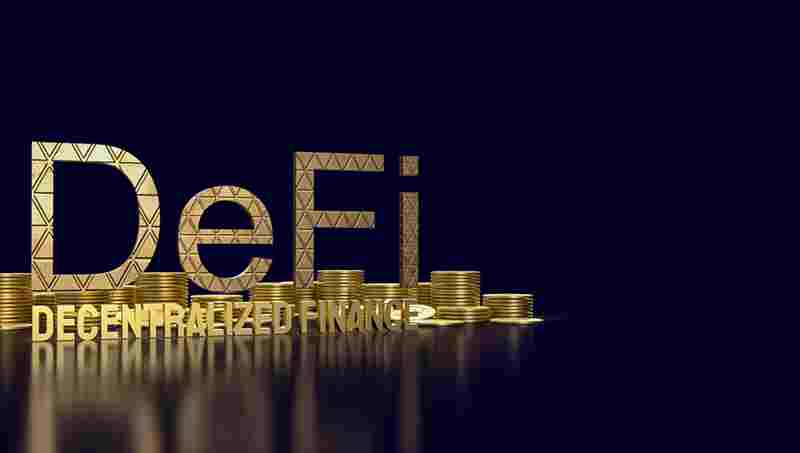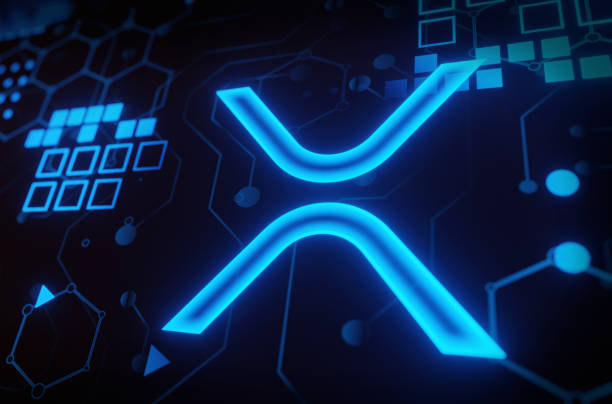Platform Tokens Unveiled: What’s Behind the New Highs for BNB, OKB, and HYPE?

What Is a Platform Token?
A platform token is a native digital asset issued by a cryptocurrency exchange — BNB being the most well-known example. Beyond serving as a valuation metric for external investors, platform tokens act as “economic fuel” within their ecosystems. Key use cases include:
- Trading Fee Discounts: Token holders receive reduced trading fees, enhancing user loyalty — an exclusive feature that sets platform tokens apart.
- Staking & Yield Farming: Participating in liquidity mining, token lock-ups, node elections, and other reward-earning activities.
- Governance & Voting: Allowing holders to submit and vote on platform proposals.
- Ecosystem Payments: Used for NFT purchases, Web3 payments, cross-chain swaps, and more.
In August 2025, leading exchange tokens — Binance Coin (BNB), OKB, and HYPE — each set fresh all-time highs, capturing the crypto market’s attention. Investors are asking why these tokens have rallied so strongly and wondering which platform token might break out next.
This article dives into the definition, characteristics, and market performance of platform tokens, and uncovers the deeper meaning behind the recent highs of these three major assets. By the end, you’ll understand the core logic driving this structural bull market.
Which Platform Tokens Exist?
Exchanges fall into two categories — centralized (CEX) and decentralized (DEX) — and their tokens follow the same split. According to CoinMarketCap, there are 623 active exchanges (248 CEX, 375 DEX), but only 92 CEX and 201 DEX platforms have issued tokens. Below are the most prominent:
Centralized Exchange Tokens (CEX)
- Binance (BNB)
- OKX (OKB)
- Bitget (BGB)
- MEXC (MX)
- Gate (GT)
- KuCoin (KCS)
- Crypto.com (CRO)
- Bitfinex LEO (LEO)
- HTX Token (HTX)
- Hyperliquid (HYPE)
Decentralized Exchange Tokens (DEX)
- Uniswap (UNI)
- Jupiter (JUP)
- Curve (CRV)
- Raydium (RAY)
- PancakeSwap (CAKE)
- dYdX (DYDX)
- 1inch (1INCH)
- SushiSwap (SUSHI)
- Synthetix (SNX)
How Have Platform Tokens Performed?
Platform tokens together command roughly $200 billion in market capitalization — about 5% of the overall $3.9 trillion crypto market. That share far outpaces sectors like MEME (1.7%), Real-World Asset tokenization (1.8%), and NFTs (0.6%), though it trails DeFi (9.3%) and stablecoins (7.5%).
Within this category, centralized exchange tokens lead with $155.6 billion — nearly 4% of the total market cap. Binance Coin alone represents $121 billion, followed by Crypto.com’s CRO and Bitfinex’s LEO.
Decentralized exchange tokens make up about 1% of the total platform token market. Hyperliquid’s HYPE leads this pack with a $16 billion market cap, ahead of Stellar (XLM) and Uniswap (UNI).
What Does a New All-Time High Mean?
On August 22, Binance Coin surged over 7% to $899, while OKB hit $258, both setting new records. A few days later, on August 27, HYPE jumped 12% to $51, its highest price since listing. These successive breakouts carry a clear signal: investors are “voting with real capital,” endorsing each exchange’s growth potential and profitability.
In a bull market, exchanges play the role of “shovel sellers” — their revenue outlook is among the most certain in crypto. Capital naturally flows into fundamentally supported assets like platform tokens, causing them to outperform the broader market. When new highs coincide with expanding on-chain activity and fresh capital inflows, the probability of the bull market continuing rises significantly.
Conclusion
The record highs for BNB, OKB, and HYPE reflect strong market demand, technological progress, and the underlying growth opportunities within the exchange sector. However, investors should remain mindful of potential risks — regulatory crackdowns, security incidents, or governance missteps could disrupt even the strongest platform tokens.








